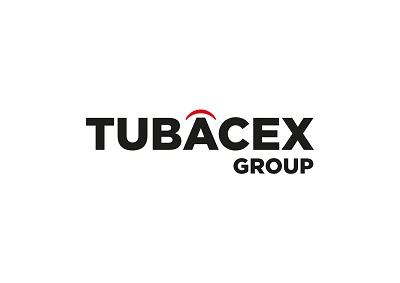
The ETHPRIN project, led by coordinator Ceit, is spearheading the development of advanced technologies and new modeling capabilities to enhance the digitalization of industrial production, applying these advancements to processes such as casting, hot forming, heat treatments, and alloy cladding. This project tackles one of the most critical stages in the development of digital twins: the creation of new product and process models that meet current market needs.
Within the project’s framework, physical-based models, data-driven models, and hybrid models are being developed. These models will not only increase the intelligence of industrial processes but also enhance their predictive capabilities and have extensive applicability across a diverse set of steels, alloys, and castings, as well as adapt to a range of process conditions.
Specific objectives of ETHPRIN include:
- Advanced simulation of casting processes.
- Advanced modeling of hot forming processes and heat treatments.
- Advanced modeling of the CRA alloy cladding process.
- Verification of in-service behavior and corrosion resistance of nodular cast iron with CRA cladding.
- Design of distributed algorithms for monitoring and predicting degradation processes.
- Development of a machine learning pipeline methodology and improvements in the Federated Learning system.
- Evaluation of the anisotropic behavior in mechanical properties and collapse resistance of CRA alloys.
This project is part of the ELKARTEK initiative to study the mechanical behavior under combined loads of stainless steel tubes and anisotropic nickel-based alloys. Tubacex Innovación, as part of the project, has actively participated in the development of new formulations for steels that exhibit mechanical anisotropy due to their microstructure. The knowledge and experience gained during the project are key for Tubacex’s presence on international standardization technical committees.

